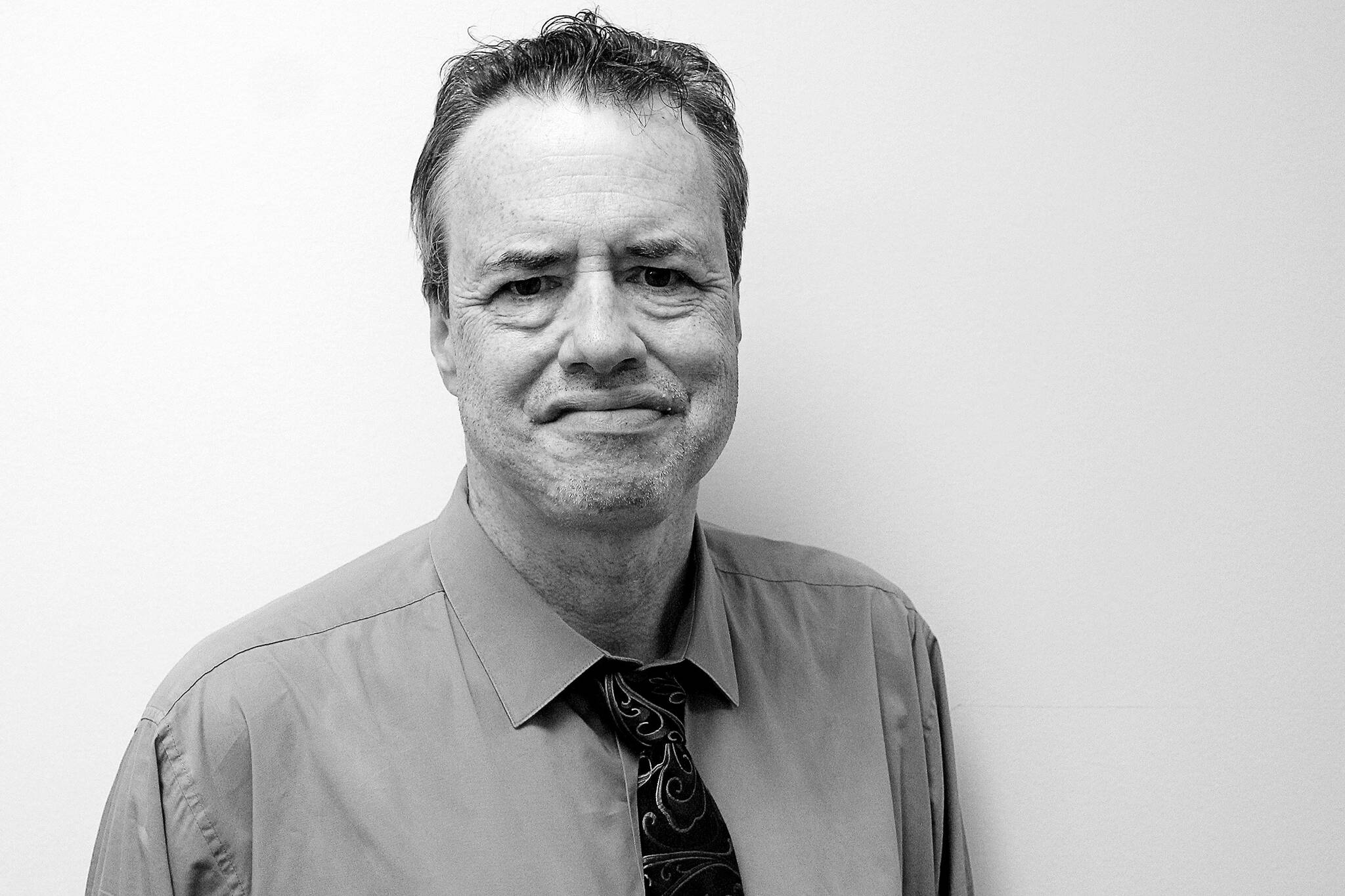My mother’s crisis-calm was a combination of a certain unbought grace of life strengthened by the decades she’d worked in Valley Medical Center’s emergency room.
Her steadiness was a wonder to us, her family, but especially to her husband, my father. He spoke about it with genuine awe, as if he’d married a composite being: his wife, and “Nurse Whale.”
“Quiet, kids,” he’d say under his breath, but with genuine respect as she headed out the door at night to work. “There goes Nurse Whale.”
Given that my mother was a damned good nurse, I think she knew she was up against late-stage cancer the instant she saw blood pouring from her in the bathroom of St. Matthew Episcopal Church that Sunday in the spring of 2005.
It must have been rattling to dad to see her so unstrung, as he had only observed her in that state once — when she broke the news of my brother’s death to us.
“She was destroyed,” dad said later.
But we who loved her, and we were many, clung to such hope as we could cobble together.
Yet, weeks later came the afternoon at Swedish hospital, when the doctor who’d performed her hysterectomy informed us she had stage 4 cancer. None of us could hold back the tears. It was as if the sun, the moon, the stars and all the planets had fallen on us.
Later that evening at dinner with dad at the Starting Gate Restaurant, he summed up that day in his unique way, by quoting a brief conversation between General William Tecumseh Sherman and General Ulysses Grant after the terrible first day of the Battle of Shilo in 1862, when Union defeat appeared imminent. Sherman found Grant seeking shelter from the pouring rain under a tree.
“Well, we’ve had the devil’s own day, haven’t we,” dad said looking at me with tears in his eyes. I immediately offered Grant’s response: “Yes. Lick ‘em tomorrow, though.”
My mother’s tomorrow did not come. She died at home on May 21, 2006, of endometrial cancer.
I have debated whether to share the next bit because, despite some of the personal things I’ve disclosed in this column, I am a private person, and have never been comfortable airing my griefs.
But I need to follow up what I said in last week’s column about scars.
When the June 30 paper went to press last Wednesday, my wife, Ann, and I were in an office at NW Medical Specialties in Puyallup. It was almost exactly two years after doctors removed a malignancy from my gut. We were there to hear Dr. Martin, my oncologist, explain the findings of the PT scan and the blood tests I’d undergone two days earlier.
For many reasons, Ann and I were not expecting the news to be good. It wasn’t. The tests showed the cancer had returned, and this time as stage 4. As I write, I’m waiting for the results of additional blood tests to detect any fragments of cancer DNA in my blood.
For now, doctors will treat the cancer with chemotherapy, and if that doesn’t take, surgery.
It’s a scary prognosis. As was true with my mother, I cannot be jollied along or comfort myself with false hopes. Isn’t stage 4 a death sentence?
But for some reason that I cannot figure out, Ann and I did not walk out of that room feeling hopeless. I cannot account for the inner buoyancy I have felt since that day on any natural level.
Ann says it may have something to do with all the people she’s enlisted to pray for me. She could be right. She is determined to keep me alive and has been busy on the phone.
These are the times when the loved ones and friends we’ve accumulated just rolling through life begin to shine like burnished gold. I love every one of them.
I’ll keep you up to date on my situation.
–
Robert Whale can be reached at rwhale@soundpublishing.com.



